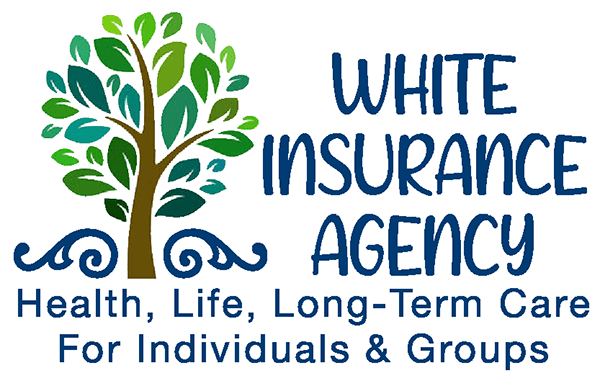What Happens When You Inherit A 401(k)?
Posted: December 13, 2020

A 401(k) is a tax-deferred, retirement savings account. When a person opens a 401(k), he or she names one or more beneficiaries to receive the remaining funds when the account holder dies. If you have inherited a 401(k), your options will depend on several factors, including your age, the account holder’s age at the time of death, and whether the account holder was your spouse....
What Happens When My Kids Need Their Own Health Insurance?
Posted: December 10, 2020

As parents we provide for our children’s basic needs. That includes health insurance, so they have access to the medical care they need, when they need it. However, kids grow up, and there comes a time when they need their own health insurance. Here is some information that could help you and your child with the transition. At What Age Do Kids Need Their Own...
Is It Time To Upgrade My Life Insurance?
Posted: December 7, 2020

It makes sense to purchase life insurance early in life. The younger you are when you buy a policy, the longer you are likely to live and, therefore, the lower your premiums will be. But as time goes by, life changes and other factors can affect your coverage needs. Our experienced agent can review your life insurance policy with you and help you decide if...
New Medicare Enrollment: How Do I Find A Participating Doctor?
Posted: December 6, 2020

When you turn 65, you may get Medicare automatically if you are receiving Social Security benefits, or you may need to enroll. You have choices as to how you get your coverage, including Original Medicare or one of the Medicare Advantage Plans, which are offered by Medicare-approved private companies that are required to follow the rules established by Medicare. No matter which option you choose,...
Pros & Cons Of Opening A Flexible Spending Account
Posted: November 28, 2020

Flexible spending accounts (FSAs) are associated with employer-sponsored health insurance plans. They allow you to divert a tax-deferred portion of your earnings into the account, which you can use to pay for certain healthcare-related expenses, including copayments and deductibles, and dependent-care costs. Money in an FSA must be used by the end of the plan year. However, employers may offer a grace period of up...
